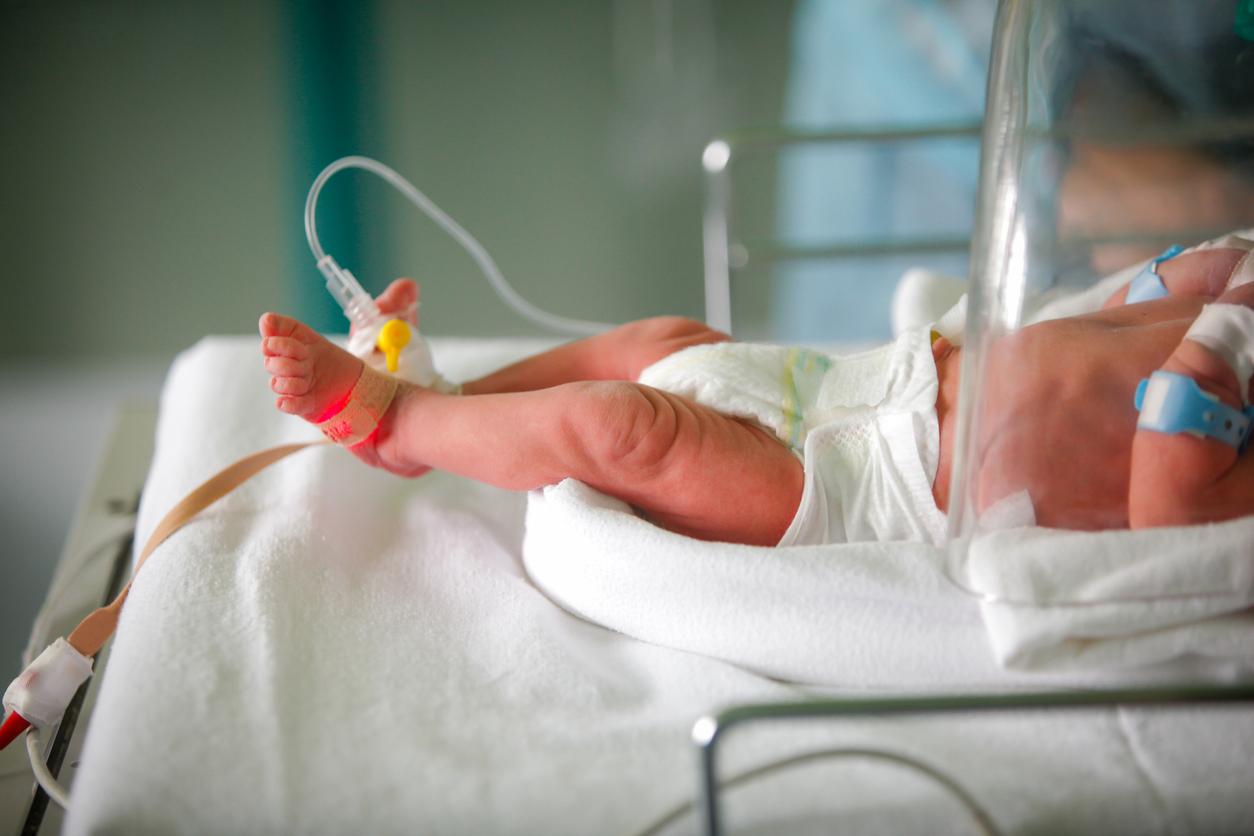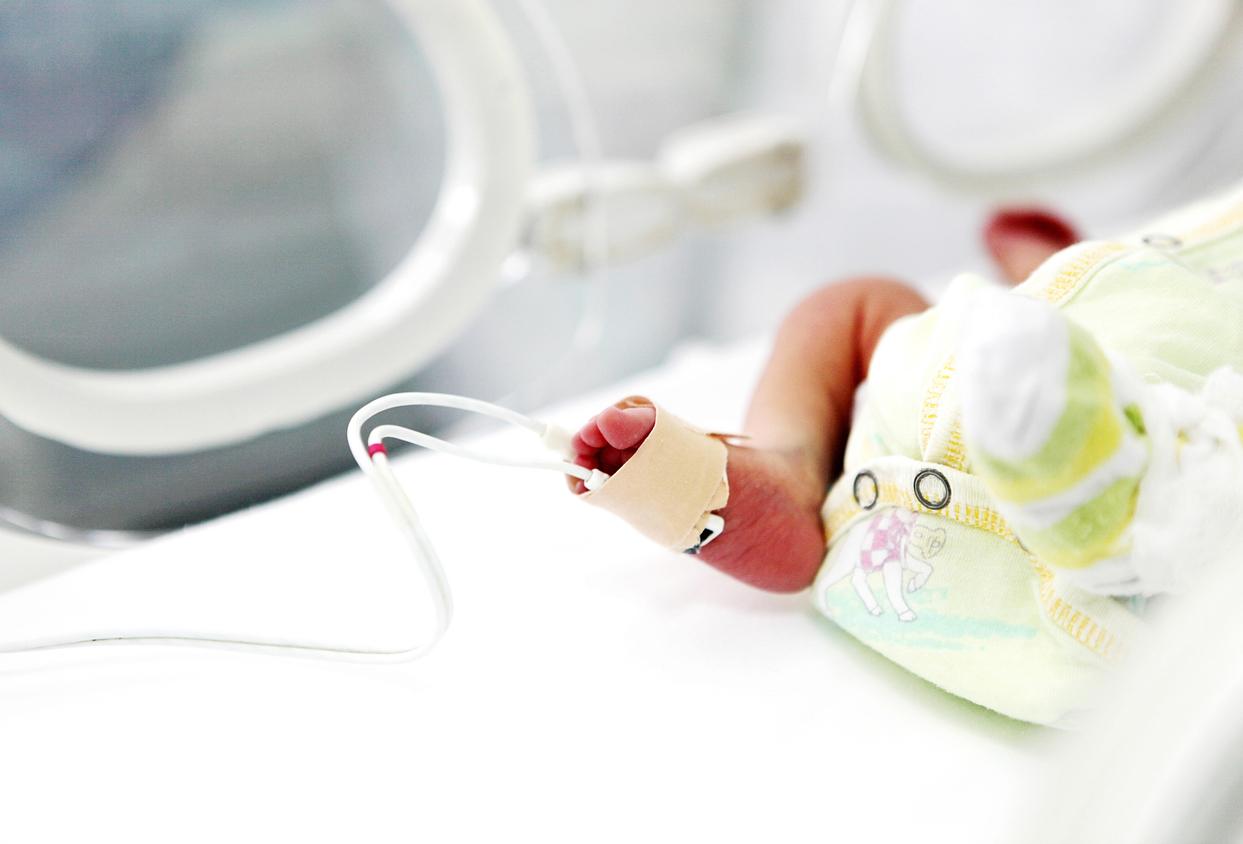The administrative court condemned the CHU of Rennes for fault after the death of a baby in 2013. The establishment was found guilty of a delay in care.

The parents had to wait five years for compensation. At the end of December, the administrative court of Rennes condemned the CHU of the city for the death of an infant after an operation, in 2013. The hospital will have to pay 108,000€ to the parents of the child. He died at the age of six weeks.
Detection of hypertrophic stenosis
On September 6, 2013, the baby underwent an operation at the University Hospital of Rennes following the detection of a hypertrophic stenosis. This pathology can lead to eating disorders. A few days after returning home, the parents observed a flow of blood and water from the stitches, located on the baby’s stomach. They decided to contact the hospital, which advised them to see their GP.
Delay in care involved
Two days later, the scar opened. The parents therefore immediately took their baby to the nearest hospital, that is to say in Lorient. The doctors gave him first aid before calling the Rennes University Hospital. The establishment organized emergency transport to Rennes, 150 kilometers from Lorient. The child took seven hours to arrive at the hospital and be operated on. He died a few hours later. For the administrative court, the CHU of Rennes committed a fault in the organization of the transfer of the child.
The baby’s health deteriorated during the wait
“The Rennes University Hospital, on which the SAMU of Ille-et-Vilaine depends, committed a fault which led to a delay in taking charge” of the child, “likely to engage its responsibility”, according to the decision of justice. According to the instruction, an hour and a half passed between the request made to the SAMU by the CHU and the departure of the medical vehicle from Rennes. This delay is due to administrative tasks. However, for the court, “the state of emergency in which the young patient found himself had been clearly described”. During this wait, the infant’s condition deteriorated. In addition, the administrative court considers that the Rennes University Hospital had made a first mistake by directing the parents to the general practitioner.
.
















